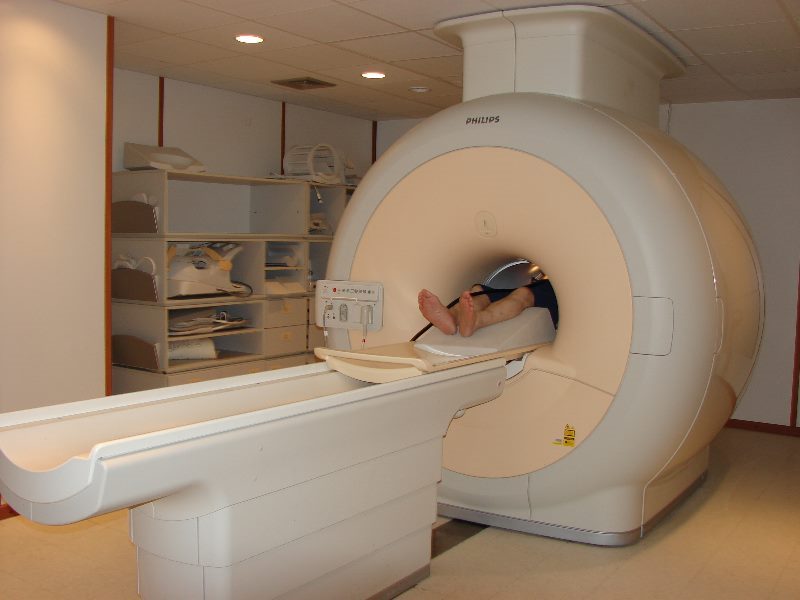
The Future of Treatment is More Personal Than Ever Thanks to SPECT Scans
Written by Craig Rogers, Posted on , in Section Turn For The Better
It's a simple principle. People act on things that they see evidence for. The broad categorizations that medical diagnoses usually offer us are cold comfort when it comes to many serious issues. For instance, when it comes to addiction, most addicts know that their substance abuse is "bad". They may even know pretty specific ways in which it is bad. But it can be difficult to form a personal connection to the issue.
Now, imagine if you had a picture of your brain and a doctor pointed at some dark spot that was supposed to be red.
"Right here, that's a part of your brain that has been shutdown by heroin. It's dark because there's no bloodflow there," he might say.
And the addict might think to him or herself: Hmm... That's not good.
How Nuclear Imaging Can Make The Reality of Addiction Even More Understandable
But now it's personal. SPECT scans are part of a comparatively new class of brain and anatomy imaging tools that can provide a detailed look at an individuals specific diagnostic situation. SPECT scans measure bloodflow to certain areas of the brain.
In order to be effective, treatment has to be personalized. Many addicts are resistent to treatment. If an addict feels like they are receiving generic help and cliche platitudes, they are much less likely to be receptive to treatment. However, if they see that treatment is medical as well as psychological, they are much more likely to make a personal connection in their own healing process.
Luckily, the way that medicine and integrative treatment approaches are becoming intertwined means that personalized treatment plans are the new approach for recovery.
Furthermore, having an accurate picture of what's going on in the brain allows clinicians to provide treatment for the full range of issues affecting the recovering addict. This systematic way of thinking leads to more comprehensive healing, making relapse significantly less likely. By treating the problem, rather than treating the symptoms, recovery is more complete.
In the future, we may see even further accelerations toward a more personalized style of treatment. Incorporating individual genetic data will give treatment providers a more accurate picture of the causes and particulars of an individuals addiction or medical issue. Until then, the detail provided by SPECT scans reveals an exciting new direction for recovery and treatment.
